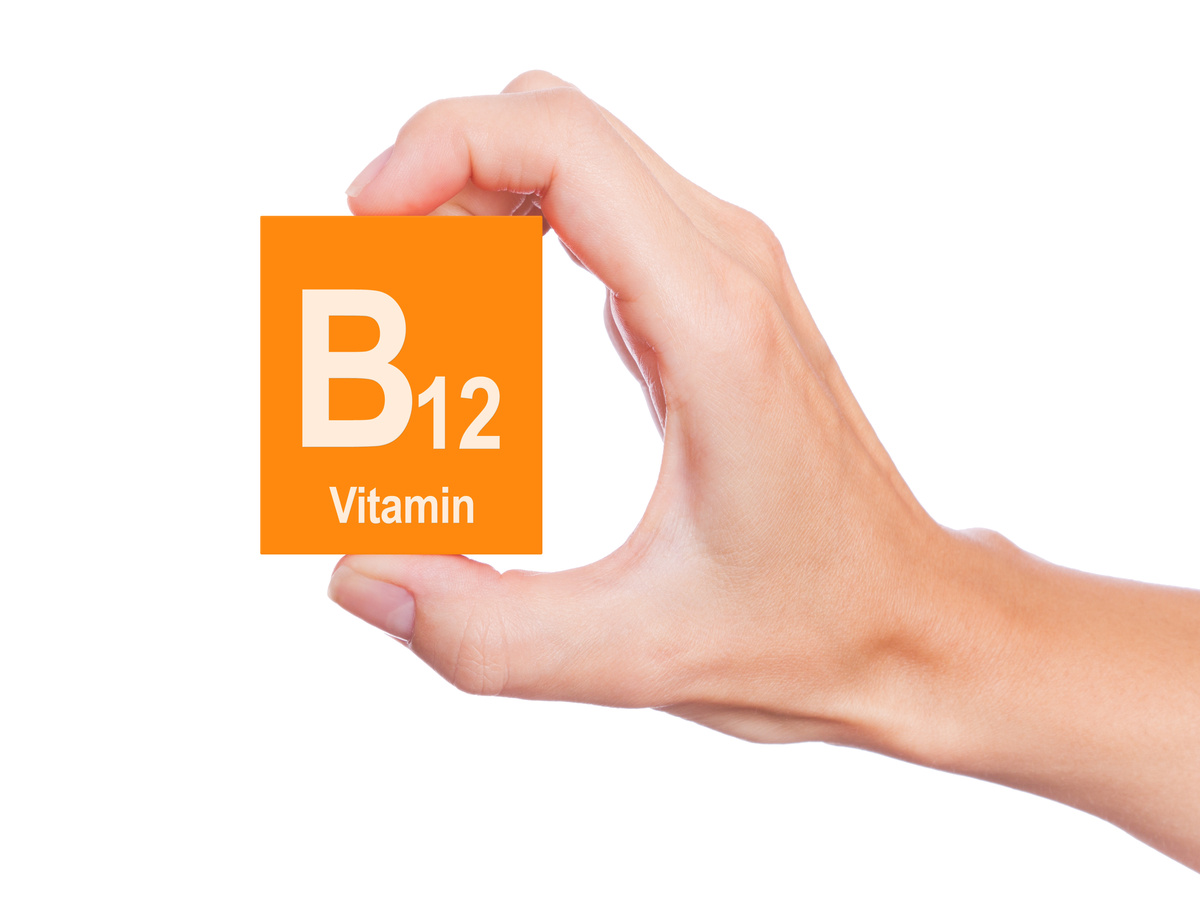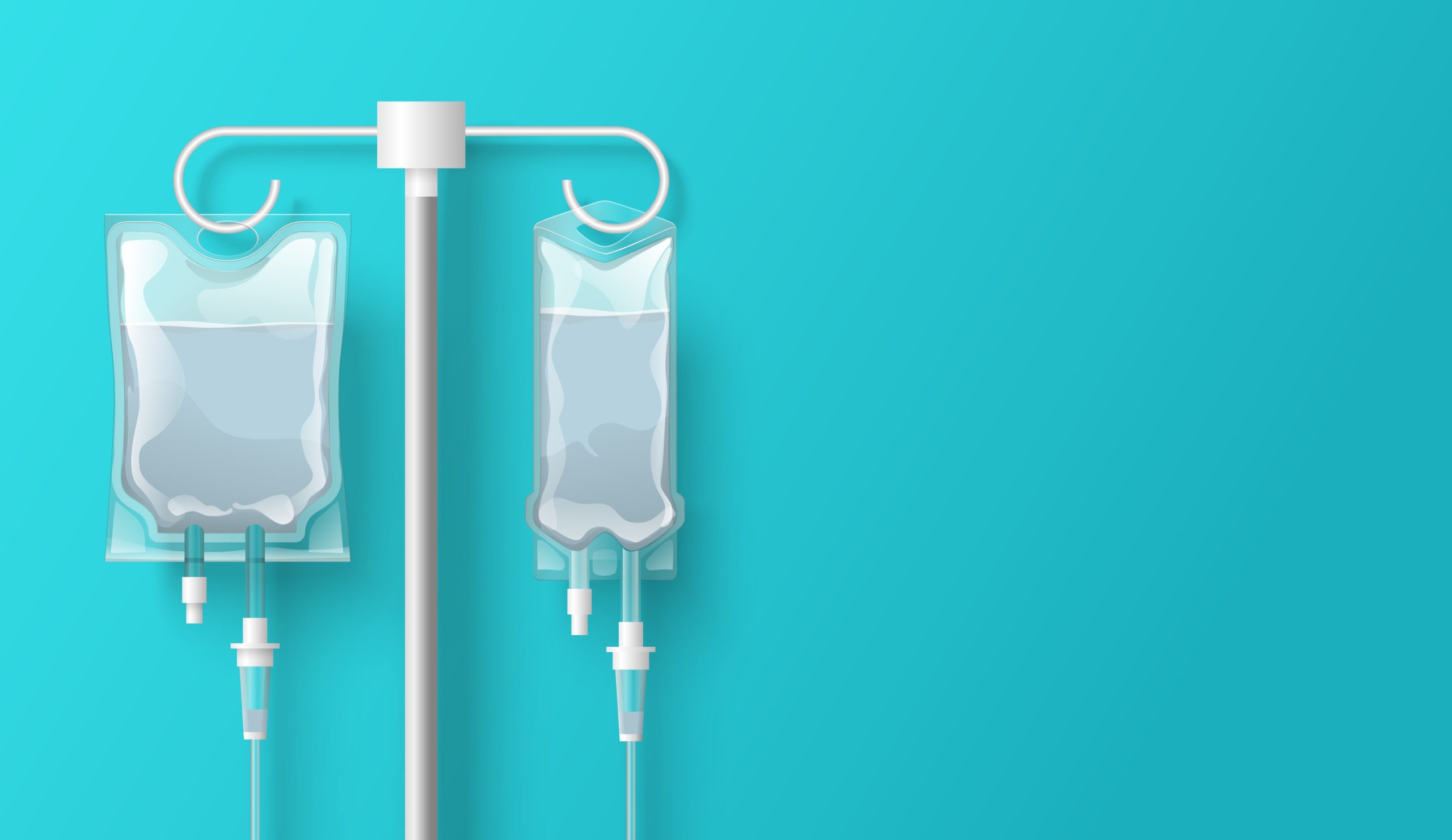IV Therapy
IV therapy, or intravenous therapy, is a medical procedure that involves delivering fluids, medications, or nutrients directly into a person’s bloodstream through a vein. It is commonly used when oral medications or other administration forms are not practical or feasible.
During IV therapy, a healthcare professional inserts a small plastic tube, called an intravenous catheter, into a vein. The catheter is typically placed in the arm, hand, or occasionally in the foot. Once the catheter is in place, fluids, medications, or nutrients can be infused directly into the bloodstream.
IV therapy serves several purposes, including:
- Hydration: IV fluids restore or maintain proper hydration levels in individuals who cannot drink enough fluids orally, which can occur due to dehydration from illness, surgery, or certain medical conditions.
- Medication administration: Certain medications, such as antibiotics, chemotherapy, or pain medications, are administered through IV therapy to ensure rapid and effective delivery into the bloodstream.
- Nutritional support: In cases where oral nutrition is insufficient or not possible, IV therapy can provide essential nutrients, vitamins, and minerals directly into the bloodstream; this is commonly used in patients who cannot eat or digest food properly.
- Blood transfusions: IV therapy is utilized to transfuse blood or blood products, such as red blood cells, platelets, or plasma, into individuals who require them due to blood loss, anemia, or other medical conditions.
IV therapy is safe when performed by trained healthcare professionals. However, like any medical procedure, it carries some risks, such as infection at the insertion site, phlebitis (vein inflammation), or air embolism (severe but rare complication). Close monitoring is crucial during IV therapy to ensure appropriate fluid balance and prevent adverse reactions.
Various IV Therapy You Can Choose
- Mint Meyers Cocktail Drip: This IV Therapy is a feel-good cocktail and fan favorite.
- Mint Medicine Ball Immunity Drip: This drip is greatly recommended for patients getting sick or feeling about to.
- Mint After Party Remix: This can aid in recovering patients from hangovers inside out.
- Hydration Only: This IV Therapy is purely for hydration. It’s suggested to have it with a cocktail of choice.
- Hydration Boost Drip: This hydration boost drip is equivalent to 2.5 gallons of electrolytes and water.
Some medical spas also offer B Complex Vitamins, Glutamine, Magnesium, NAD+, and Mint Migraine Drip.
The Mint Medicine Ball Immunity Drip
The Mint Medicine Ball Immunity Drip is a specific type of IV therapy that has recently gained popularity. It is marketed as a blend of fluids, vitamins, minerals, and antioxidants infused intravenously to boost the immune system and promote overall wellness. It’s the perfect drip when you feel sick or about to.
Candidates for IV Therapy
Candidates for IV therapy can vary depending on the specific type of IV therapy and the individual’s medical needs. While it’s essential to consult with a healthcare professional for personalized advice, here are some general categories of candidates who may benefit from IV therapy:
- Dehydration: Individuals experiencing dehydration due to illness, excessive sweating, vomiting, diarrhea, or insufficient fluid intake may require IV fluids to restore hydration levels.
- Nutritional deficiencies: People with malnutrition, inadequate oral intake, or conditions that impair nutrient absorption may benefit from IV therapy to provide essential nutrients, vitamins, and minerals directly into the bloodstream.
- Chemotherapy patients: IV therapy is commonly used to administer chemotherapy drugs, which require precise dosing and immediate delivery to target cancer cells throughout the body.
- Surgery patients: Individuals undergoing surgical procedures may receive IV fluids, medications, and anesthesia during and after the operation to support hydration, manage pain, and deliver necessary medications.
- Critical illness or injury: Critically ill or injured patients, like those in intensive care units, may require IV therapy for fluid resuscitation, electrolyte balance, and medication administration.
- Chronic illnesses: Certain chronic conditions, such as gastrointestinal disorders, autoimmune diseases, or kidney disease, may require long-term IV therapy to manage symptoms, provide nutritional support, or administer medications.
- Infections: IV therapy may be necessary for individuals with severe conditions that require intravenous antibiotics or antiviral medications to achieve therapeutic concentrations rapidly.
- Blood disorders: People with blood disorders, such as anemia or coagulation disorders, may need IV therapy for blood transfusions, platelet infusions, or clotting factor administration.
- Supportive care in palliative settings: IV therapy can provide supportive care and symptom management for individuals receiving palliative or end-of-life care.
The Essence of IV Therapy
The essence of IV therapy lies in its ability to deliver fluids, medications, and nutrients directly into the bloodstream, bypassing the digestive system. This method of administration offers several advantages and serves various purposes in medical treatment. Here are some key aspects that capture the essence of IV therapy:
- Rapid and direct delivery: IV therapy allows for the immediate and precise delivery of substances into the bloodstream, which enables medications or fluids to reach their target quickly, providing faster relief or therapeutic effects than other administration methods.
- Increased bioavailability: By bypassing the digestive system, IV therapy ensures a higher bioavailability of medications and nutrients. It eliminates the potential loss or alteration of substances during digestion or first-pass metabolism in the liver.
- Customization and precision: IV therapy allows healthcare professionals to tailor treatments to individual needs. The composition, concentration, and infusion rate can be adjusted based on specific medical conditions and desired therapeutic outcomes.
- Hydration and electrolyte balance: IV fluids rehydrate individuals who cannot consume adequate fluids orally. Electrolytes can also be added to restore proper electrolyte balance in cases of dehydration or electrolyte disturbances.
- Nutritional support: IV therapy can directly provide essential nutrients, vitamins, and minerals into the bloodstream. It is particularly beneficial when individuals cannot consume or absorb nutrients effectively through oral or enteral means.
- Medication administration: IV therapy enables the precise delivery of medications, such as antibiotics, chemotherapy, or pain medications. It ensures efficient distribution throughout the body, especially when oral medications are ineffective or not feasible.
- Therapeutic interventions: IV therapy allows for various therapeutic interventions, such as blood transfusions, immunoglobulin infusions, or chelation therapy, which involve removing or adding substances to the body’s circulation.
- Supportive care: IV therapy is crucial for critically ill patients, providing fluid resuscitation, nutritional support, and medication administration in intensive care settings.
It’s important to emphasize that IV therapy should always be performed by trained healthcare professionals and tailored to individual needs. The benefits and applications of IV therapy depend on the specific treatment goals, medical conditions, and the expertise of the healthcare team involved.
Get the type of IV Therapy you deserve in The Mint IV Bar! Notify them to reserve a spot.




